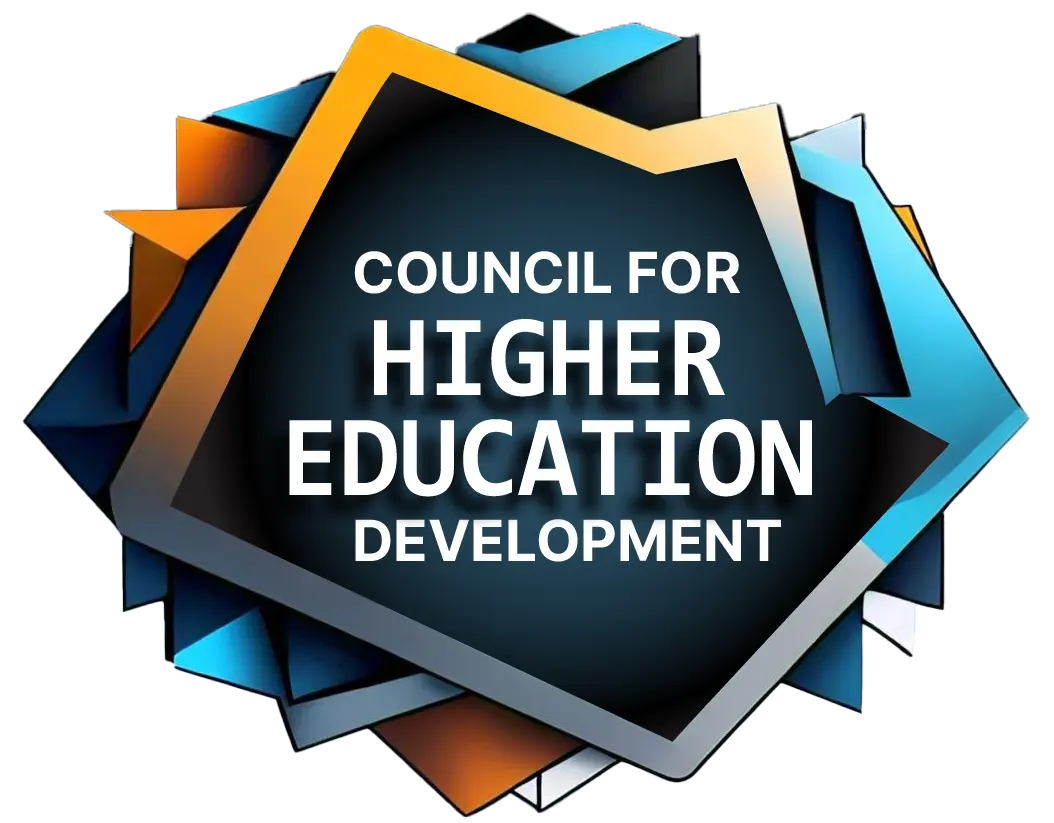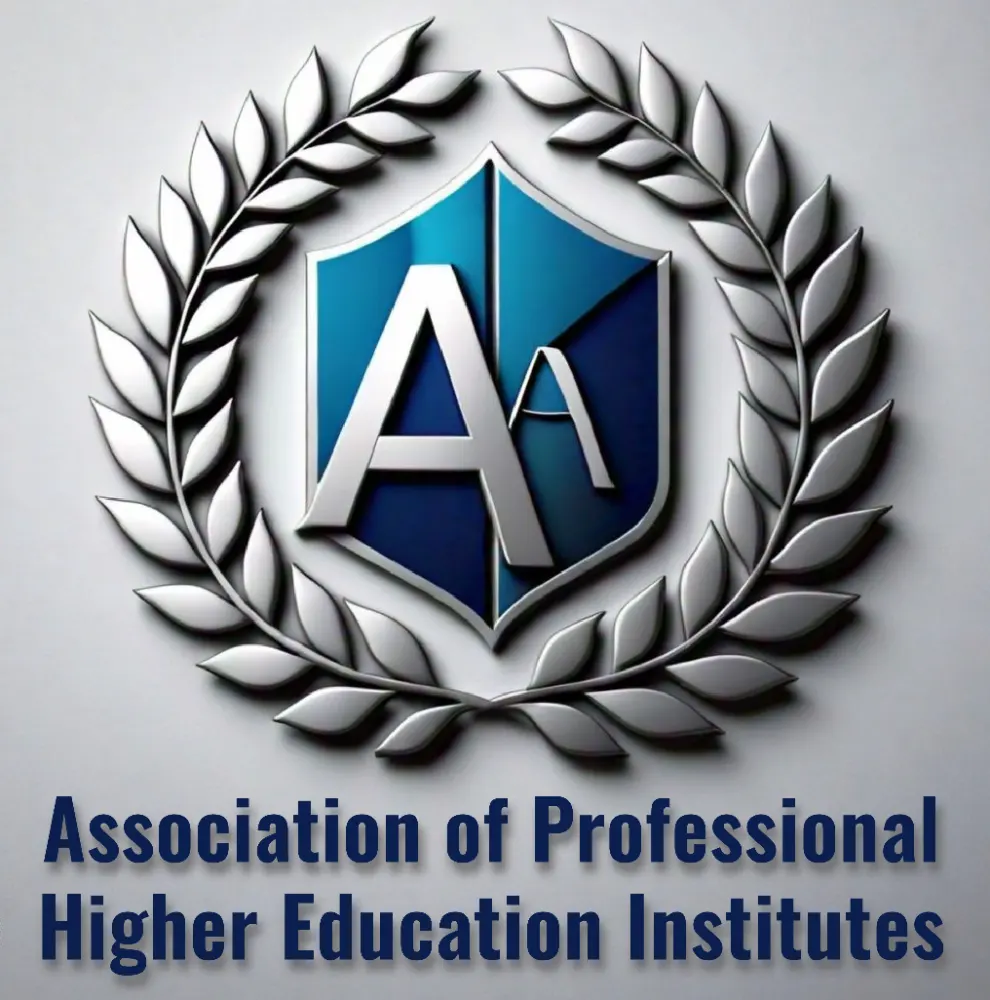Accreditation



The programme will explore mass communications across a range of media forms including: entertainment media, broadcast and digital, public relations, advertising and journalism. The programme will address issues of policy, governance, professional practice, international communication flows, digitalisation, political economy, cultural practice and research methods. The programme aims to provide a progressive and challengingcurriculum that is informed by contemporary research and responsive to the changing nature of the Communication industries. The specific aims of the programme are to enable students to:
Critique key theories and concepts that underpin the study of mass communications Undertake the evaluation of contemporary mass communications scholarship and professional practice Critically debate the political, legal and ethical aspects of media and communication processes, systems and participation Recognise and anticipate developments in the role played by media and communication in economic and political organisation at local, national, regional, international and global levels Carry out original and independent research through the development of a critical appreciation of research methodologies appropriate for the study of media and mass communications Meet the challenges of employment in a global society through the development of their intellectual, analyticaland research skills related to the study of mass communication.
The Master’s in Mass Communication program at Val University is designed to provide students with a comprehensive understanding of media, communication theories, and practical skills essential for success in the dynamic field of mass communication. Upon completion of the program, graduates will be able to:
• Analyze Media Trends: Critically evaluate contemporary media trends, practices, and technologies, and their impact on society and culture.
• Develop Effective Communication Strategies: Design and implement strategic communication plans for various media platforms, tailored to diverse audiences and objectives.
• Conduct Research: Utilize advanced research methods to investigate and address complex issues in mass communication, contributing to academic knowledge and practical applications.
• Produce Professional Content: Create high-quality multimedia content, including written, audio, and visual media, demonstrating proficiency in industry-standard tools and techniques.
• Understand Media Ethics and Law: Apply ethical principles and legal standards to media practices, ensuring responsible and professional conduct in the communication industry.
• Engage with Global Perspectives: Incorporate global perspectives into media analysis and production, understanding the role of mass communication in a globalized world.
• Enhance Critical Thinking: Employ critical thinking and analytical skills to interpret media messages, assess their effects, and develop innovative communication solutions.
• Lead in the Industry: Demonstrate leadership and project management skills necessary for leading media projects and teams in various organizational settings.
Year asdasd
Modules |
||
|---|---|---|
| Induction Module | ||
| Theories Concepts & Debates in Mass Communications | ||
| Digital Cultures | ||
| New Media: Policy and Practice | ||
| Perspectives on Mass Communication Research Methods | ||
| Mass Communications Dissertation Project | ||
For more details or admissions contact now!
Andrew Barrow
Head of Admission Department


